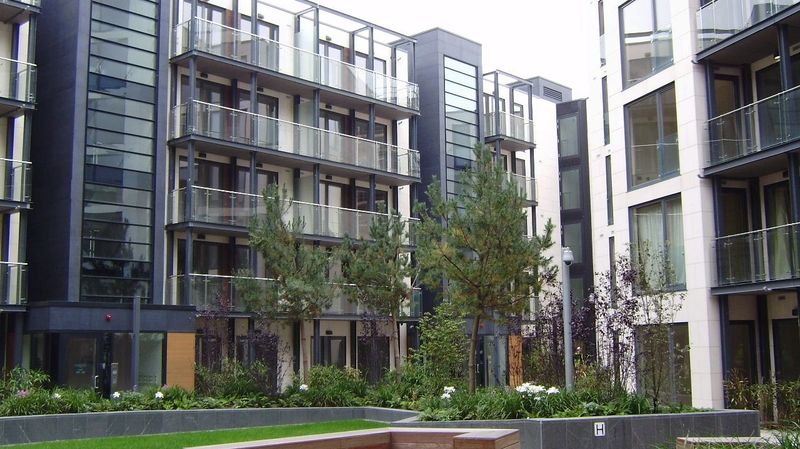Project summary
Project title
Rapid Rebuild Ukraine
Project lead
Prof Konstantinos Daniel Tsavdaridis
Website
In collaboration with:
The Steel Construction Institute (SCI)
METEK
University of Birmingham
The initiative RapidRebuildUkraine is aimed at building capabilities and manufacturing infrastructure in modular construction in Ukraine, including pilot projects and tests to satisfy Ukrainian functionality requirements and to demonstrate the rapid building process.
The rapid re-building of Ukraine will require an unprecedented scale of construction of housing and residential buildings using new technologies based on off-site manufacture, and modular construction in particular. This will require construction of large regional factories each capable of producing up to 30,000 modules a year with an Innovation Hub that drives the design, automated manufacture and procurement process. This manufacturing output is required on a scale not seen in Europe and Ukraine will lead the way in this innovative technology.

